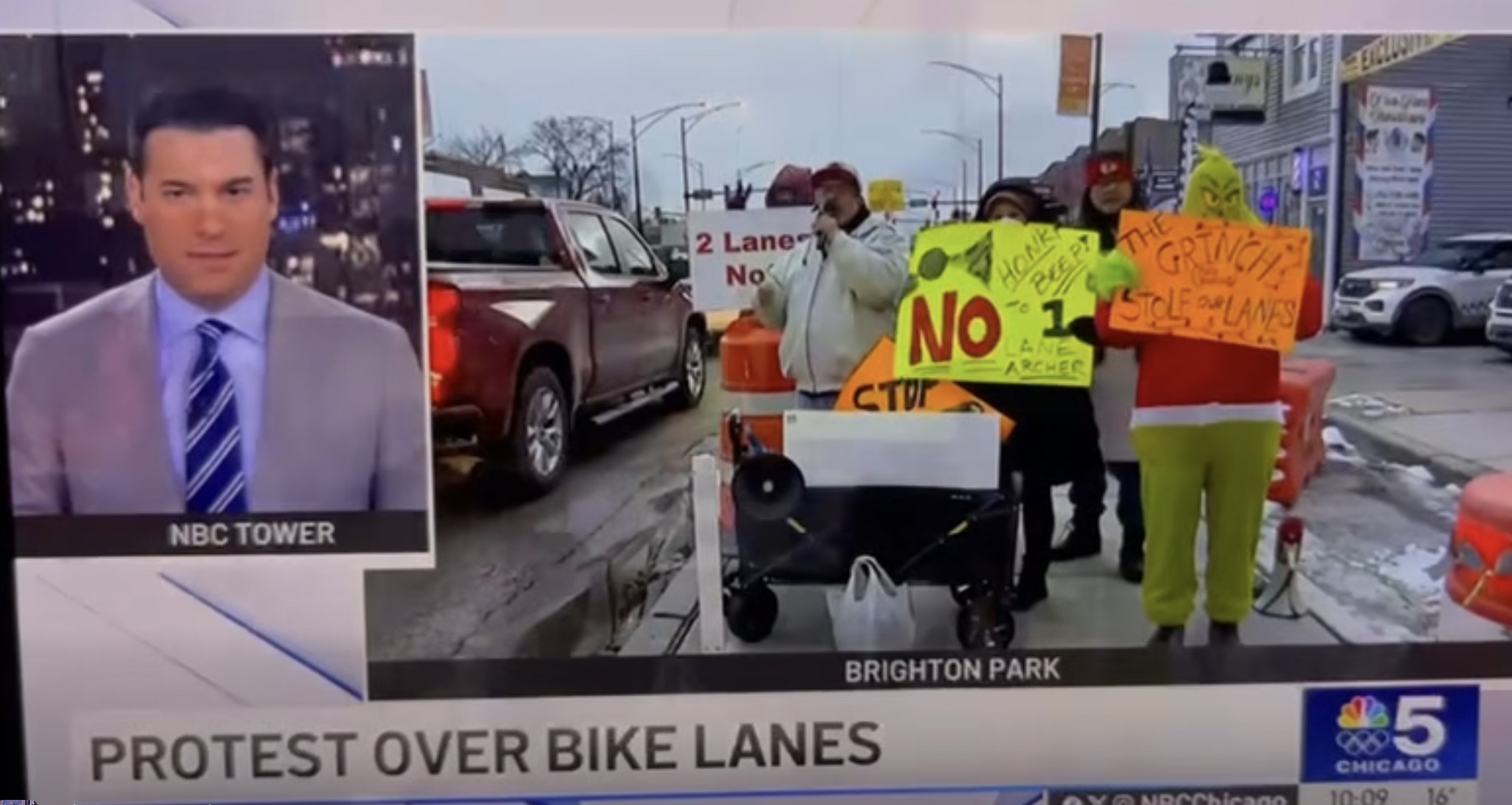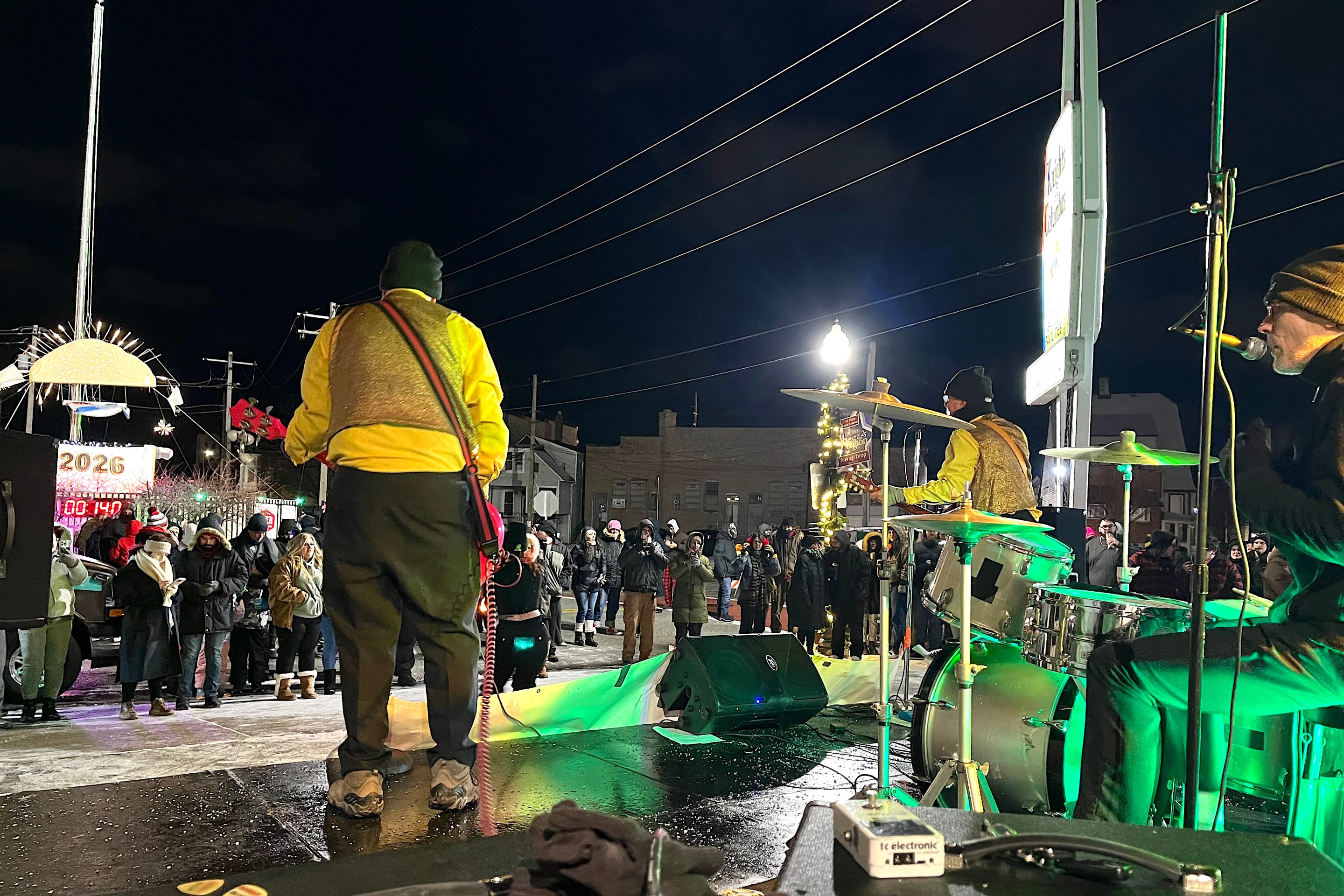There's still plenty of sprawl happening around the United States, even though many indicators point to a shift away from car-dependence. How can we tell if the trend toward walkability is lasting?

Payton Chung at West North blog has been watching the news carefully. He notes that even the places most identified with car-centric development -- places where transit is scarce and inconvenient -- are seeing a fundamental change in their real estate markets:
Even in many of the capitals of sprawl, the free market is clearly demonstrating that sprawl has fallen from favor. These regions may not be seeing a turning point, where suburban growth plateaus (not shrinks, since their overall regions continue to grow) and where urbanism begins to account for most growth, but they have reached their inflection point: when sprawl’s gallop slows down, and when cities stopped shrinking as quickly. This seems like a small point, but humans feel such changes. A roller coaster is always moving forward, but at vastly different speeds; the thrill comes from the G-forces applied when the acceleration increases or decreases.
Chung sites evidence of this inflection point from Phoenix, New Jersey, Houston, and Atlanta:
What’s most interesting about these examples is that they’re not locations where transit accounts for a substantial share of local trips. Even in an era of flat energy prices and even in the absence of good alternatives, the market is choosing car-light locations (where people at least have the choice to drive less) over car-dependent locations.
Elsewhere on the Network today: Delaware Bikes explains the concept of a "transitional bike lane." Wash Cycle reports that Montgomery County, Maryland, is passing over bike projects to fund expensive road building. And the Natural Resources Defense Council's Switchboard blog interviews pioneering active transportation visionary Dan Burden.




